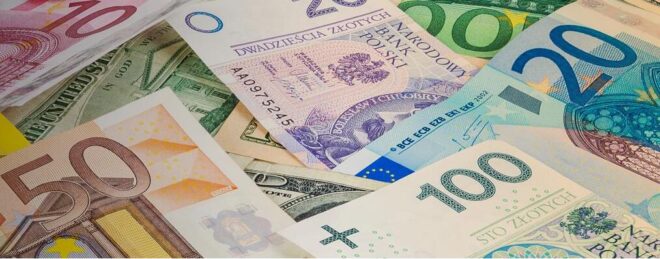
The International Monetary Fund (IMF), defined on abbreviationfinder, was founded in 1945 together with the sister institution World Bank. The IMF is based in Washington, DC, USA. In 2019 it belonged to 189 states. Their voting rights in the IMF are based on the share of the capital they hold. What tasks does the IMF have and what is its political orientation?
- The IMF is the last resort when it comes to a state receiving a loan.
- The IMF intervenes when a country no longer has sufficient currency reserves and a trade deficit.
- Criticism of the IMF is that lending is linked to “political good behavior” in the interests of the donor nations.
Origin of the IMF
In the 1930s there were negotiations between Great Britain and the USA regarding the design of a new monetary system. The agreements made became known as the Bretton Woods Treaty, the New Hampshire location where the talks took place. However, the British economist John Maynard Keynes, advocate of state intervention when the economy is weakening, was unable to prevail against his US opponent White.
The Federal Republic of Germany joined the IMF in 1952. Today almost all countries that are also members of the United Nations are shareholders in the IMF. The exception is Kosovo, which is active in the IMF but not a UN member. The IMF are not affiliated
- Andorra
- Cuba
- Liechtenstein
- Monaco
- North Korea
The tasks of the IMF
The main task of the IMF is the granting of loans to countries with a lack of currency reserves and deficits in the trade balance. Translated, this means that one country buys in a foreign currency in another country, but cannot pay the bill because
- On the one hand, it does not have sufficient reserves in the exporter’s currency or in US dollars.
- On the other hand, it imports more than it exports and therefore no incoming payments in the respective foreign currency or in US dollars are to be expected.
Further features of the company’s activities are the stabilization of exchange rates , the harmonization of international monetary policy and the expansion of world trade.
The IMF also creates concepts for promoting prosperity and growth and supports them through direct lending. However, these loans are also linked to structural changes in the recipient countries. In Africa in particular, reducing corruption is a top priority.
Lending of last resort
The International Monetary Fund applies to a state as the lender of last resort. To put it bluntly, “when nothing works”, states will present themselves to Washington.
Each country receives so-called Special Drawing Rights (SDRs) based on its participation. These special drawing rights can in turn be exchanged for foreign currency. The number of special drawing rights in a country is based on its gold reserves.
Suppose Serbia has a deficit trade balance and needs foreign exchange. The IMF can now designate a country with a high level of foreign exchange to supply Serbia with the necessary foreign exchange in exchange for the corresponding special drawing rights.
Reorganization of capital distribution
In 2019, it was discussed to reorganize the distribution of voting rights at the IMF. This is to take account of the growing economies in Asia, primarily China. The European Union considered converting the voting rights of the individual member states into voting rights for the EU. However, this step would have far-reaching consequences.
According to its statutes, the headquarters of the International Monetary Fund must be in the country with the highest percentage of votes. The move from Washington would be a done deal.
Criticism of the IMF
The main criticism of the IMF is that lending is tied to political conditions. The decisions of the IMF must be made with a majority of at least 85 percent of the capital held. Since the right to vote is linked to the amount of the deposit, the industrialized nations thus have a de facto higher vote weight, political decisions at other levels can be forced or blocked by the IMF. The USA and the European Union have a blocking minority due to the size of their deposits with the IMF.
Structural adjustment programs (SAP)
Another point of criticism is that the IMF is softening the social structures in the states concerned and destroying social systems. This is done through the so-called structural adjustment programs. The conditions under the SAP for lending are, for example, cutting government spending, consolidating the economy, lowering inflation .
The privatization of state-owned companies is seen as one means of achieving these goals. The most recent example of this was Greece in 2010. The IMF’s claims in return for the lending included the sale of government facilities. The German airport operator Fraport profited from the sale of numerous Greek airports, which, according to the critics at the time, were sold far below their value.
